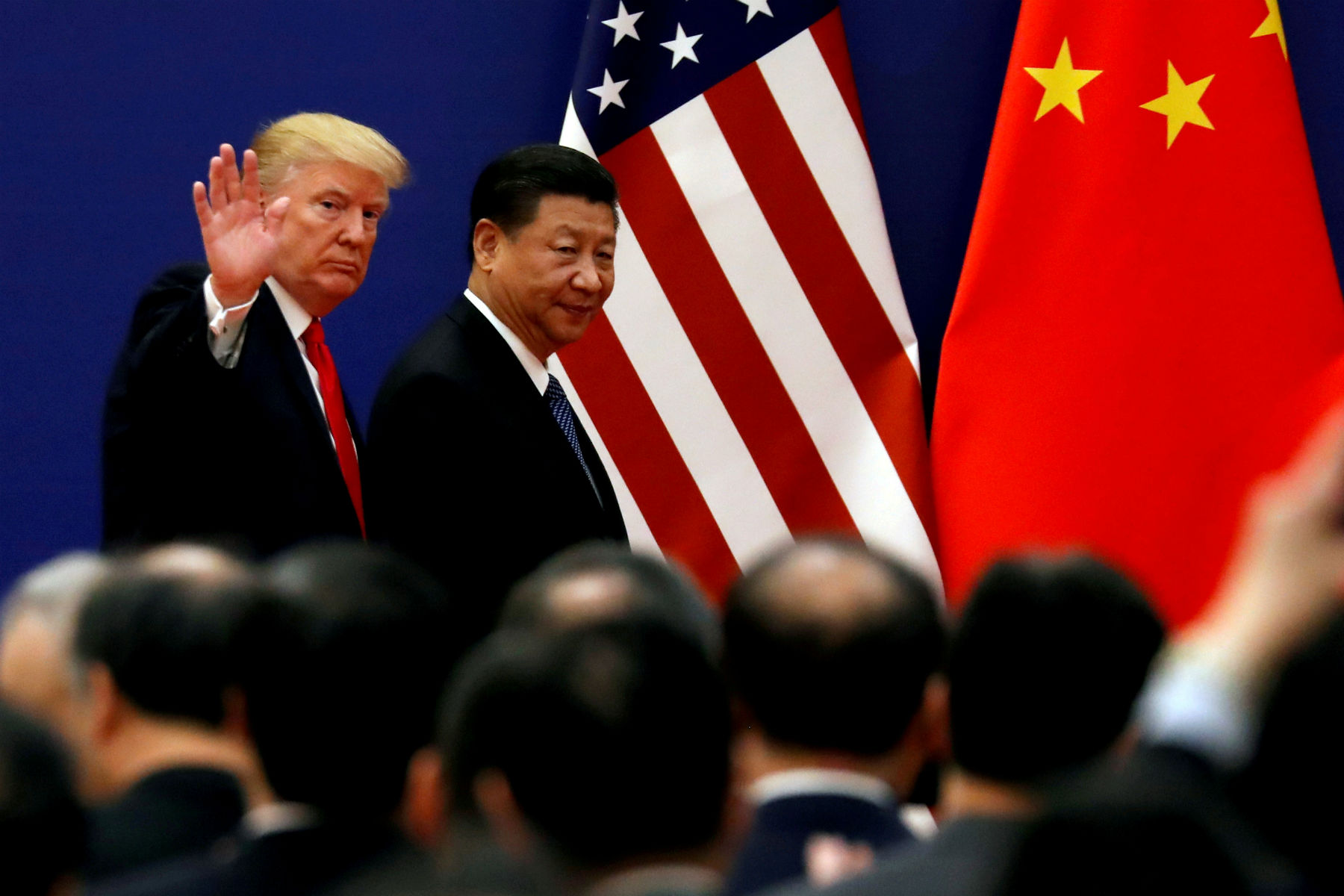Dan Proft and Amy Jacobson sat down with China expert and author Gordon Chang to discuss growing instability within the Chinese Communist Party and the potential global consequences—from stalled trade talks and military threats in the Pacific to the ideological reach of Chinese influence on American soil.
Chang began by casting doubt on the Biden administration’s optimism about renewing U.S.-China trade negotiations. Treasury Secretary Scott Bessant had suggested that talks could resume once Donald Trump and Xi Jinping speak directly, but Chang said that’s wishful thinking. According to him, Xi has lost significant power within the Chinese political structure and may no longer have the authority—or internal support—to broker deals. Years of consolidating power, alienating rivals, and implementing rigid economic policies have caught up with him, Chang said, and there are growing signs that influential factions, including the Chinese military and regional civilian leaders, are beginning to push back.
The danger, Chang warned, is that weakened authoritarian leaders often lash out to retain control. While he doesn’t believe China would initiate full-scale war by invading Taiwan’s main island outright, he noted that the Chinese military’s frequent provocations—against Japan, South Korea, Taiwan, the Philippines, and even Australia—create the possibility of an accidental escalation. If one of these flashpoints spirals out of control, Xi may be unable or unwilling to de-escalate, risking a broader conflict that could pull in Russia and North Korea as Chinese allies.
Turning to tariffs and trade policy, Chang strongly defended former President Donald Trump’s use of tariffs against China. He acknowledged there would be some economic cost, but argued that after decades of trade imbalances and U.S. policy failures, Americans should not expect a cost-free course correction. He noted that in 2018, China absorbed the majority of the cost from Trump’s tariffs, largely through state subsidies and currency manipulation, and expects they would do so again. He also cited a Wall Street Journal report indicating that China’s export sector, backed by the central government, could absorb 65% or more of the impact of renewed tariffs to protect market access.
On a more provocative note, Chang responded to a recent proposal by China experts suggesting the U.S. pursue a “Many Chinas” strategy—leveraging China’s internal regional rivalries to destabilize Communist Party unity. While he agreed that regional tensions exist and could become more pronounced during internal strife, he was skeptical of America’s ability to exploit them. Xi’s regime, he explained, has become increasingly opaque, limiting the West’s insight into internal dynamics and making such strategies difficult to implement with any precision.
Chang also addressed rising concerns about Chinese influence in American academia, specifically Harvard University. He supported Trump’s proposal to restrict student visas for Chinese nationals, particularly in light of a recent Harvard commencement speech in which a Chinese student promoted Xi Jinping’s vision of global communist rule. Chang emphasized that what may sound like aspirational language—such as Xi’s concept of a “common destiny of mankind”—actually reflects China’s belief in its imperial right to global leadership. He called for drastic action, saying universities like Harvard need to be held accountable for platforms that legitimize anti-American ideologies.
In sum, Chang painted a picture of a Chinese regime in crisis. Xi Jinping, once the unchallenged leader of the world’s second-largest economy, is now navigating political fragility at home and increasing resistance abroad. That volatility, Chang warned, could make Beijing more dangerous—not less—and U.S. policymakers need to be prepared.
Chang is the author of Plan Red: China’s Project to Destroy America and The Great U.S.-China Tech War. He remains a vocal advocate for a tougher stance on China, particularly when it comes to trade, technology, and national security.





